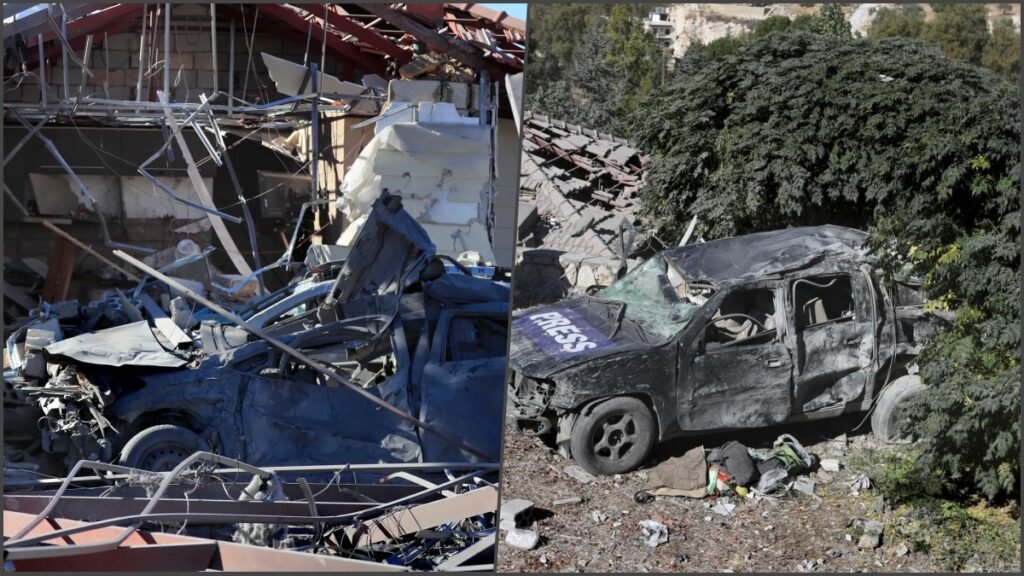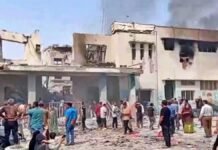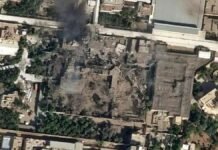
New Delhi: In a deadly escalation of hostilities, an Israeli airstrike struck a guesthouse in southeastern Lebanon at 3 a.m. on Friday, killing three journalists who were sleeping in what had become a temporary media hub. The strike destroyed a set of chalets among the trees, rented by journalists reporting on the conflict, marking one of the deadliest recent attacks on members of the press in the region. Journalists were left to escape in their sleepwear, and vehicles marked “PRESS” were overturned, coated in debris, while a satellite dish crucial for live coverage lay shattered.
The Israeli army did not issue a warning before the airstrike, later confirming it would investigate the incident. The strike tragically ended the lives of Ghassan Najjar, a camera operator, and Mohammed Rida, a broadcast technician from Beirut-based Al-Mayadeen TV, as well as Wissam Qassim, a camera operator with Al-Manar TV, a Hezbollah-affiliated news outlet. Both media outlets have affiliations with Iran-backed Hezbollah, a key player in regional tensions. Just days prior, an Israeli airstrike targeted an Al-Mayadeen office near Beirut’s southern suburbs.
The targeted guesthouse area had, until this strike, been regarded as relatively safe by media teams, providing a reliable base for journalists covering the protracted cross-border conflict between Israel and Lebanon. Mohammad Farhat, a reporter for Lebanon’s Al Jadeed TV, described the chaotic scene as journalists asked each other, “Are you alive?”

This latest attack has reignited global criticism, with human rights organizations calling for accountability, highlighting that deliberate targeting of journalists constitutes a war crime under international law. Israel has not commented on the intended target of Friday’s strike, but the mounting toll on journalists in this conflict underscores the rising dangers for media personnel on the ground.






















































